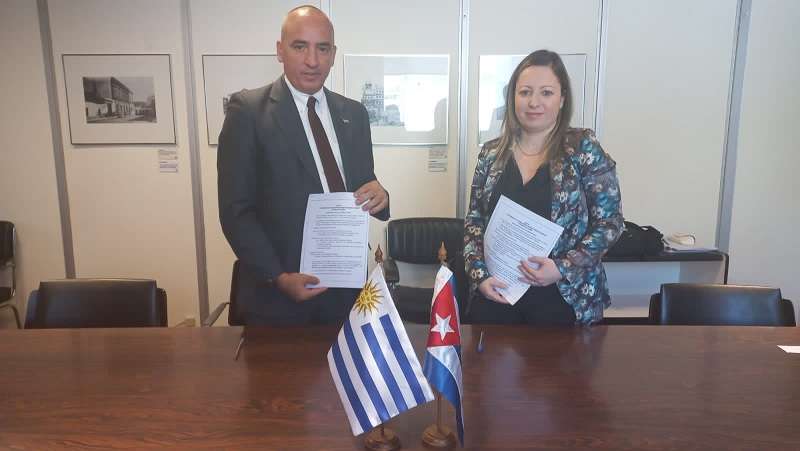The Minister of Finance, José Antonio Ocampo, proposed for the tax reform to set an income surcharge for the oil companies that vary based on the international price of crude oil in the last 20 years.
Before the initiative, the Colombian Petroleum Association (ACP) assured that this is the most burdensome proposal of all. In this way, projects for the development of discovered resources and exploration with existing contracts would be committed.
(Read: They come and go: Government reasons for changes in Ecopetrol’s Board).
They also assure that investments would be put at risk to increase the recovery factor, which sustain current production. Along with this, the income of the regions would be affected.
The proposal, according to Ocampo, implies that if the price in the taxable year exceeds 30 percent of the average of the last 20 years, has a surcharge of five percent; if it exceeds 60 percent, 10 percent applies; and when international prices drop, that surcharge disappears.
However, the non-deductibility of royalties would be maintained.
The ACP analyses, according to the price projections of the Medium-Term Fiscal Framework, indicate that this cwould use a surcharge of between 10 to 15 points.
Although the prohibition of deducting royalties from income tax is maintained, it is announced that those paid in kind will be valued at the cost of producing those barrels of royalties, instead of creating a fictitious income liquidated at commercial value.
The union also states that the extra cost of prohibiting the deduction of the income tax royalty would have an exponential effect because it must ccalculated at a 50 percent income tax rate for the next 2 years and, subsequently, at a rate of 45 percent (35 percent plus a surcharge of 15-10 points, respectively).
(Read: For 7 out of 10 Colombians, oil is needed to overcome poverty).
Why is the tax proposal more burdensome?
These are the reasons that are exposed from the guild:
1. This proposal is 115 percent more expensive for companies than the one initially established by the Government in taxes for hydrocarbons and 5 percent more burdensome than what was approved in the first debate.
a. The adjustment announced for the deductibility of royalties when they are paid in kind, does not compensate for the increase in the surcharge from 10 to 15 points, because the cost of prohibiting the royalty increases when the surcharge rises to imporrent, that is, the higher surcharge generates an exponential cost to the prohibition of deductibility of the import royalty, which must be calculated at a rate of 50% for 2023 and 2024, instead of a rate of 35%.
b. 30 percent of oil production and 100 percent of natural gas production pay the royalty in money, they do not benefit from the adjustment announced for the calculation of the deductibility of the royalty. Instead they will have to pay a surcharge in It is 50% higher than what was approved in the first debate.
2. The government take for new investment projects increases to 85 percent, taking Colombia off the map of competitiveness in the region, according to ECLAC study figures.
3. With the new proposal it is likely that, in addition to compromising discovered resource development projects and exploration under existing contracts, put investments at risk to increase the recovery factor, that support the current production.
(Keep reading: Government studies signing new oil exploration contracts).
4. With information from some companies, the cut in investment programs could range between 30 and 50 percent, production will fall gradually and between 130,000 and 200,000 barrels per day of oil production could be lost by 2026.
5. By the end of this decade, the drop in production would be greater than 450,000 barrels, that is, would fall 47 percent from current production.
6. With this drop in production, as of 2026 the collection with tax reform will be lower than the collection without tax reform, that is, the country and the regions will lose income as a result of the tax reform. The ACP proposes these scenarios:
• By 2026, revenue with tax reform will be up to 10 percent lower than revenue without tax reform.
• At the end of this decade, revenue with reform will be 44 percent lower than expected without tax reform.
7. With this tax reform proposal, the regions lose income from royalties in the coming years and the possibilities of solving their unsatisfied basic needs in the regions would be reduced by 34 percent (drinking water, health, education, sewage, roads).
8. Colombians will lose opportunities to contract goods and services, jobs will fall rapidly especially in the producing regions, the dollar will continue to rise, the cost of living for all Colombians will be higher.
BRIEFCASE
















